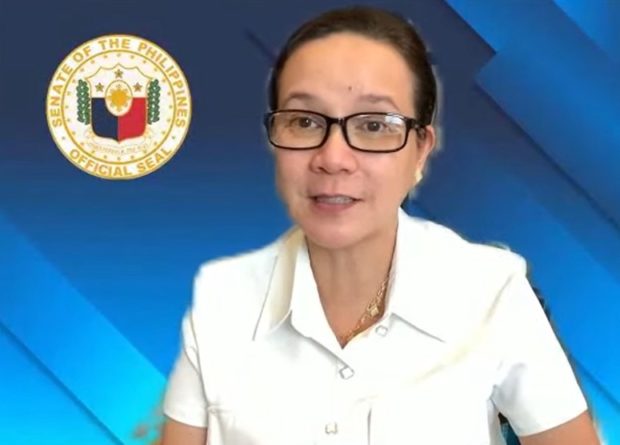“We count on Congress to act in a timely manner in reconsidering the bill for approval in accordance to the legislative process,” said Poe, who sponsored the bill as chairperson of the Senate committee on public services.
Acting presidential spokesperson Martin Andanar earlier said Duterte noted that the inclusion of social media providers in the registration requirement was not part of the original version of the bill and “needs a more thorough study.”
Poe, meanwhile, pointed out that laws and jurisprudence confirm that “freedom of expression is not absolute, as in the cases of obscenity, libel or when public safety and order are at stake.”
The senator also said that the bill, being a content-neutral regulation, upholds the Supreme Court ruling in Chavez vs. Gonzales in 2008 which states that: “Only a substantial governmental interest is required for its validity. Because regulations of this type are not designed to suppress any particular message, they are not subject to the strictest form of judicial scrutiny but an intermediate approach.”
The SIM card registration bill passes the test of constitutionality based on such criteria, said Poe.
“The veto highlights the need for ongoing efforts, both public and private, to find effective ways to protect our citizens and our democracy,” she said.
“We shall remain firm and committed in our pursuit to end electronic and mobile phone-aided criminal activities and guarantee a safer and more secure mobile phone and cyberspace use in the country,” she added.


